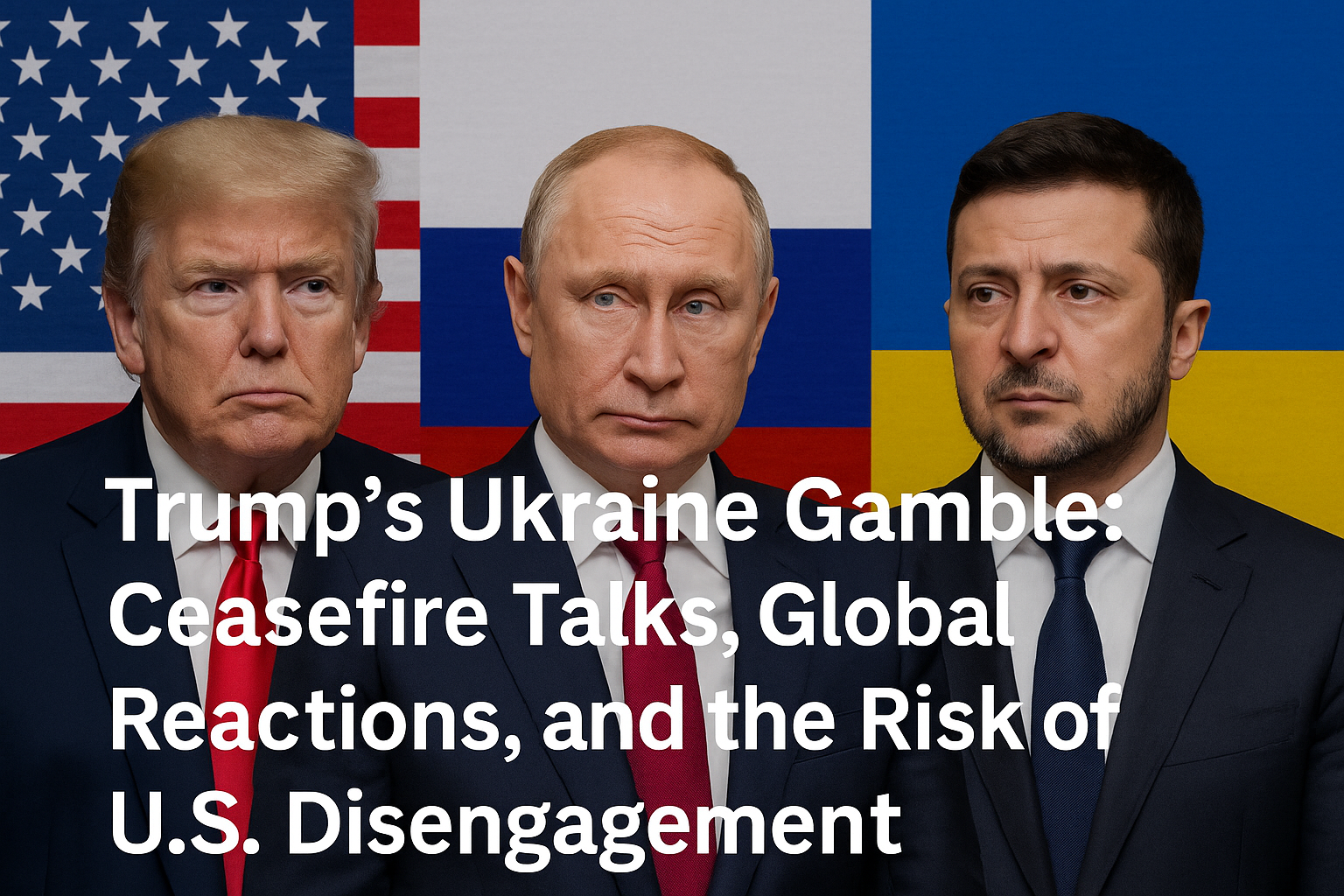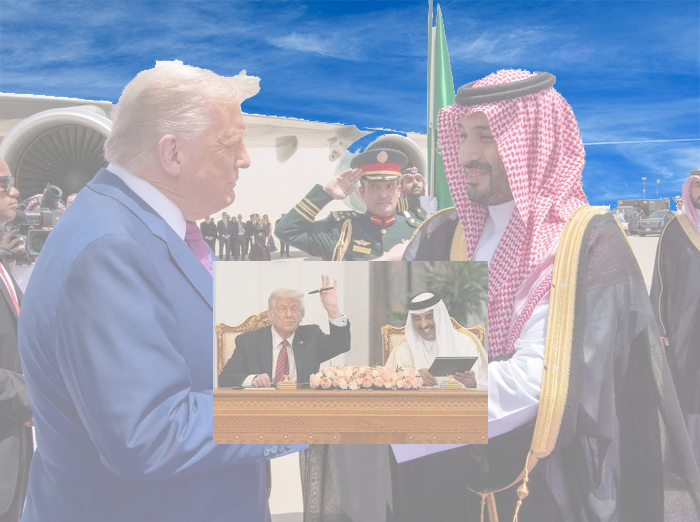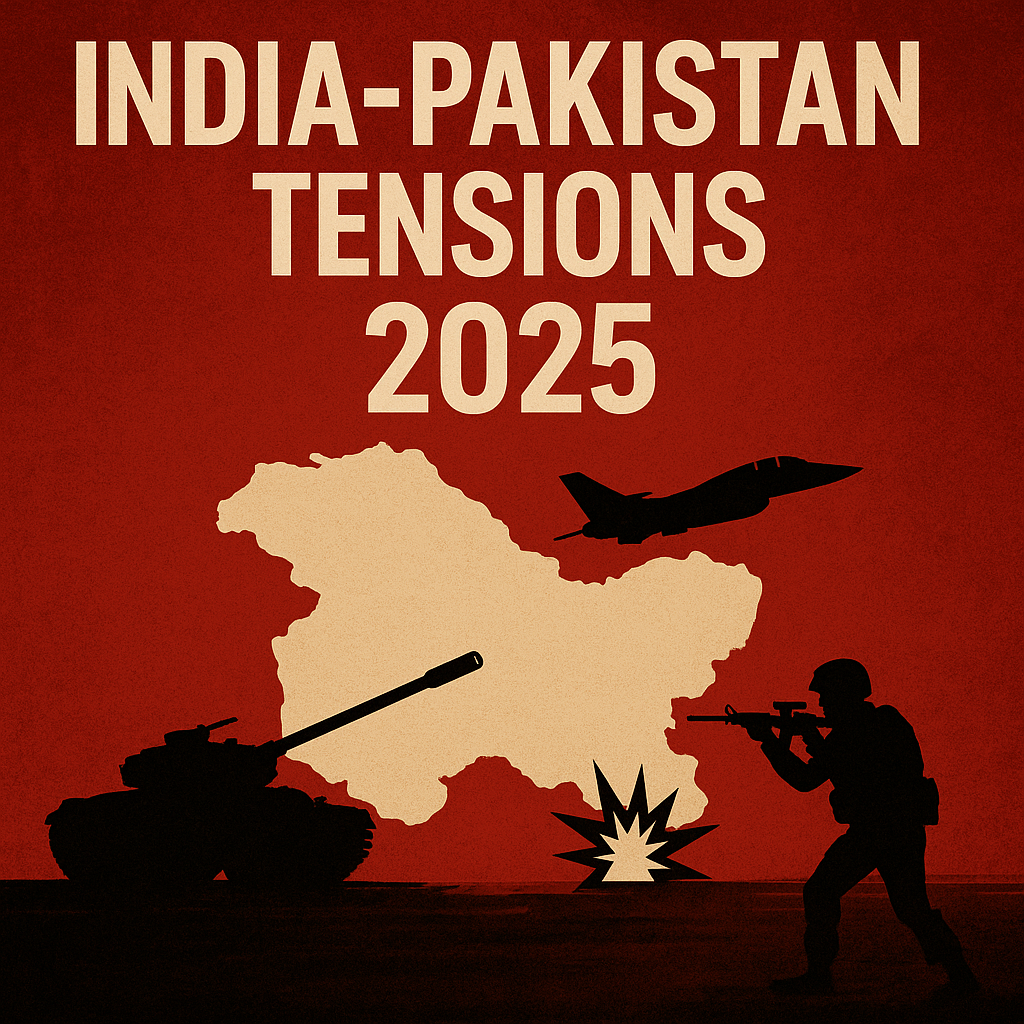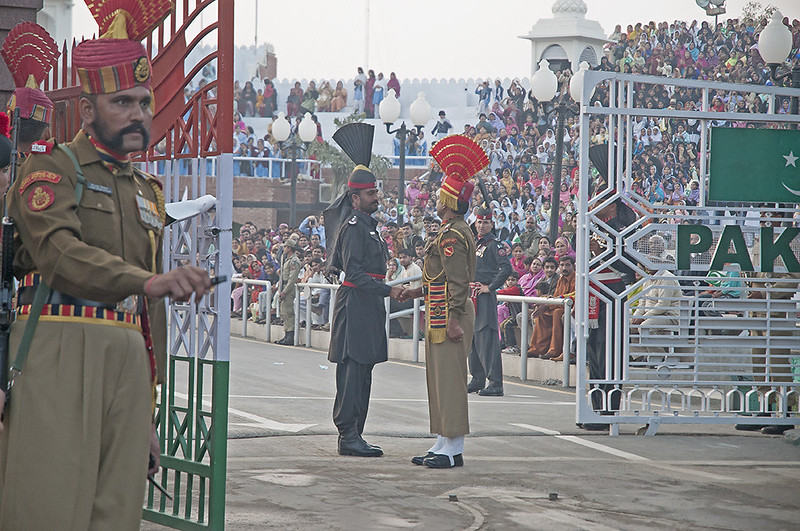
On May 19, 2025, President Donald Trump held a significant two-hour phone conversation with Russian President Vladimir Putin, aiming to initiate a ceasefire in the ongoing Russia-Ukraine conflict. Following the call, Trump announced that Russia and Ukraine would “immediately start negotiations” toward a ceasefire, suggesting that the Vatican might host these talks .Al Jazeera+4Financial Times+4Al Jazeera+4Al Jazeera+4BBC+4Cadena SER+4
However, Putin’s response was more reserved. He emphasized the need to address the “root causes” of the war, particularly Ukraine’s aspirations for closer ties with Europe, before any resolution could be achieved .BBC
Ukrainian President Volodymyr Zelenskyy expressed willingness for an unconditional ceasefire and proposed a high-level meeting involving Ukraine, Russia, the United States, the European Union, and the United Kingdom. Potential locations for this summit include Turkiye, the Vatican, or Switzerland .Al Jazeera+5The Times of India+5Al Jazeera+5
Despite these diplomatic efforts, concerns have arisen regarding the U.S.’s role in the negotiations. Trump indicated that while he would not step away from brokering talks, he acknowledged having a “red line” and might “just back away” if progress stalls . This stance has led to apprehensions about the U.S. potentially disengaging from the conflict, which could have significant implications for Ukraine’s position and the broader geopolitical landscape.New York Post+3BBC+3Cadena SER+3
In addition to the international developments, domestic actions by the Trump administration have drawn attention. Notably, Trump signed the “Take It Down Act,” criminalizing the non-consensual publication of intimate or AI-manipulated images. Furthermore, the Supreme Court allowed Trump to revoke Temporary Protected Status for 350,000 Venezuelans, reversing protections established under the previous administration .The Guardian+1Al Jazeera+1
As the situation evolves, the international community watches closely, weighing the prospects of a ceasefire against the complexities of global diplomacy and domestic policy shifts.





